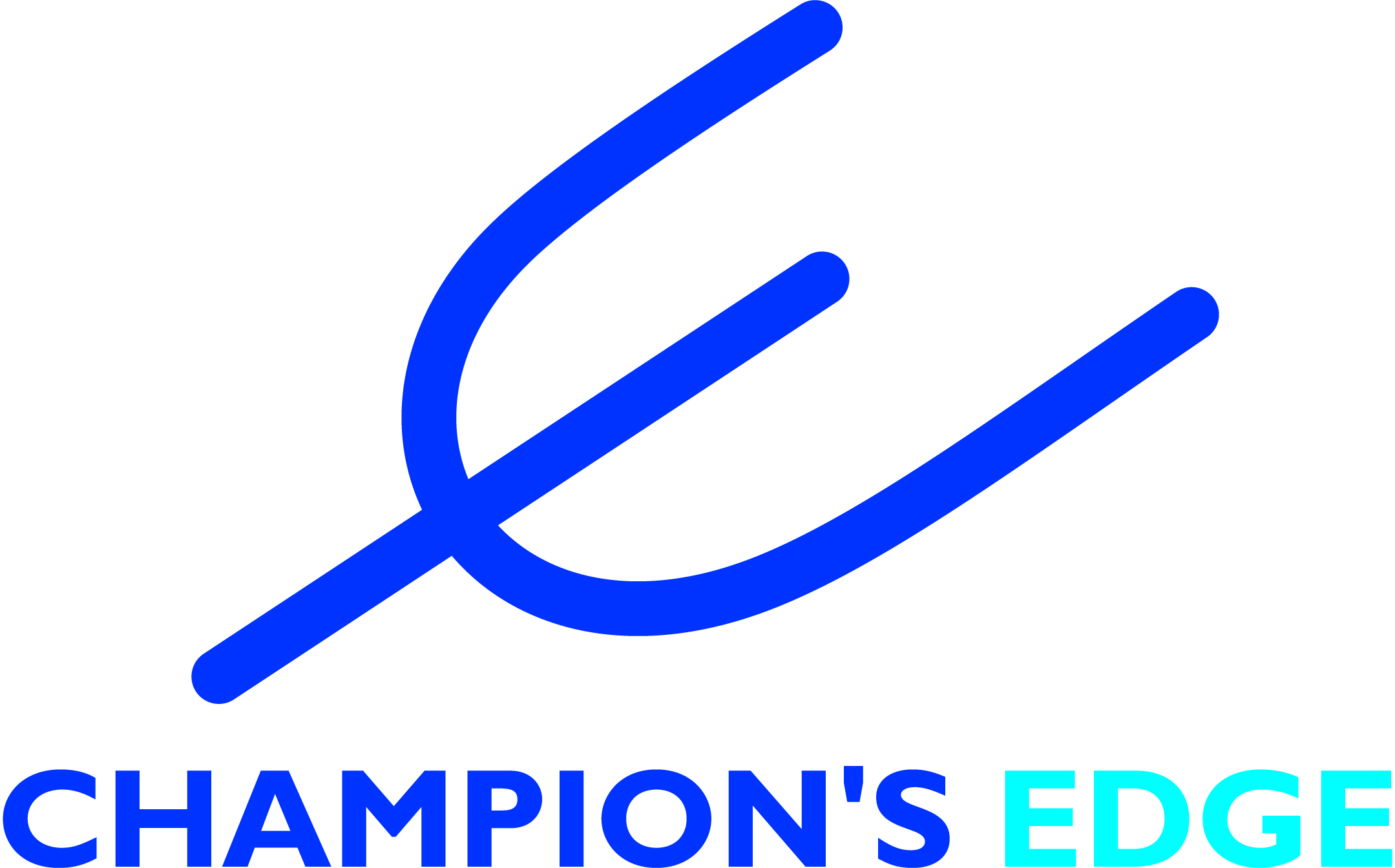A crash course in Sport Psychology
I first encountered sport psychology as a senior in college. I was wrapping up my undergraduate studies in psychology that time and was hoping that the school would offer a sport-related class so I could use my last elective on a topic that I was truly interested in. When a friend of mine told me that the psychology department was offering an introductory class in sport psychology, I pounced on the opportunity and signed up. I have since fallen for this relatively new field and have taken it upon myself to be one of its staunch advocates. In that vein then, let me write about sport psychology in terms of how it is defined and how it can be practiced.
Murphy (2005) says: “The central theme of sport psychology over the past 80 years has been the search for the truth about how the mind and body interact to produce a skilled sport performance.” While this “central theme” has never changed, coming up with a universal definition has been impossible primarily because sport psychology may be defined in different ways, depending on the perspective one takes. Sport scientists may define it in terms of “…the brain and central nervous system and their influence on sports’ performance” (Lavallee et. al., 2004). Health psychologists may define it as “the psychology of physical activity in general” (2004) while clinical psychologists may focus on “particular therapeutic interventions associated with physical activity” (2004). For me, sport psychology is about developing and applying psychological skills (mental skills) toward the enhancement of one’s athletic performance and personal life. Simply put, it’s using psychological concepts such as goal setting, imagery, relaxation, and positive self-talk among others, to improve, say, one’s golf game and personal life through the proper development of mental skills.
Generally, sport psychology can be practiced in a number of ways, depending on the emphasis. Cox (1998) mentions three distinct roles of a sport psychologist: as a research sport psychologist, as an educational sport psychologist, and as a clinical/counseling psychologist.
The research sport psychologist would be considered a “scientist and scholar” (1998) and typically conduct research and teach courses in sport psychology at the university level.
The educational sport psychologist would be someone who “use[s] the medium of education to teach correct principles of sport psychology to athletes and coaches… develop[s] psychological skills for performance enhancement [and] help[s] athletes… to enjoy sport and use it as a vehicle for improving their quality of life” (1998), and would generally be called a sport psychology specialist, sport psychology consultant, performance enhancement consultant, or something similar.
The clinical/counseling psychologist would be someone who is “prepared to deal with emotional and personality disorder problems that affect some athletes” (1998).
The three roles may inevitably overlap (like someone who teaches a sport psychology class may also be the track team’s mental game coach) but one would generally put more premium on one over the others.
Of the three roles mentioned, I would then be considered an “educational sport psychologist” (or an educational sport psychology specialist) since my interest and work are focused on teaching psychological concepts and mental skills that will help improve athletes’ sporting performances and personal lives. In the past few months, I’ve been teaching mental skills to athletes (or helping athletes practice mental skills they already have) and helping them use these skills not just in competition but in their daily lives.
I hope that this introductory article gives you a clearer picture of what sport psychology is about and what people practicing in this field actually do. I’ll be sharing more details about the kind of work I do with different athletes in future posts so I really hope this triggers a spark in those of you who’ve always wanted to get into this field, but just didn’t know enough about it.
C’mon, sports fans, let’s start spreading the Edge.
References:
Cox, R.H. (1998). Sport Psychology: Concepts and applications (4th ed.). Dubuque, IA: Wm. C. Brown, Inc.
Lavallee, D., Kremer, J., Moran, A., & Williams, M. (2004). Sport Psychology Contemporary Themes. New York, NY: Palgrave Macmillan
Murphy, S. (2005). The Sport Psych Handbook. Champaign, IL: Human Kinetics Publishers, Inc.
